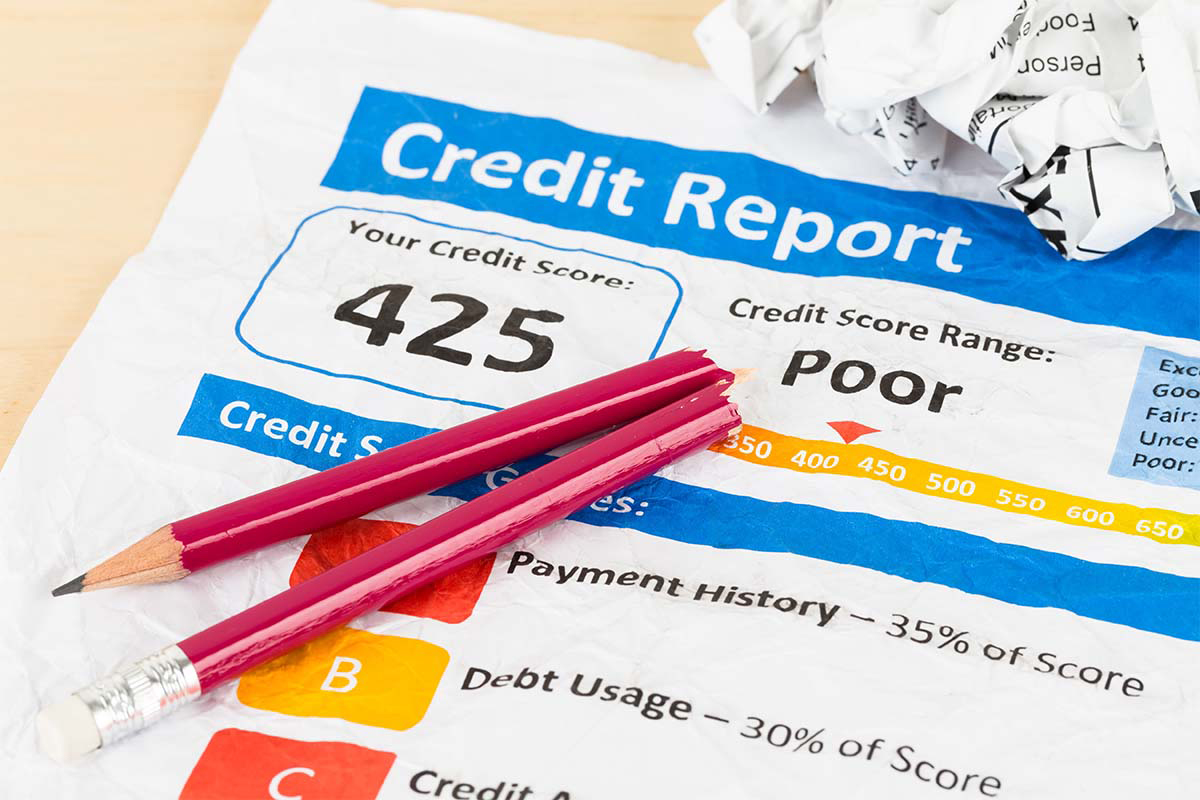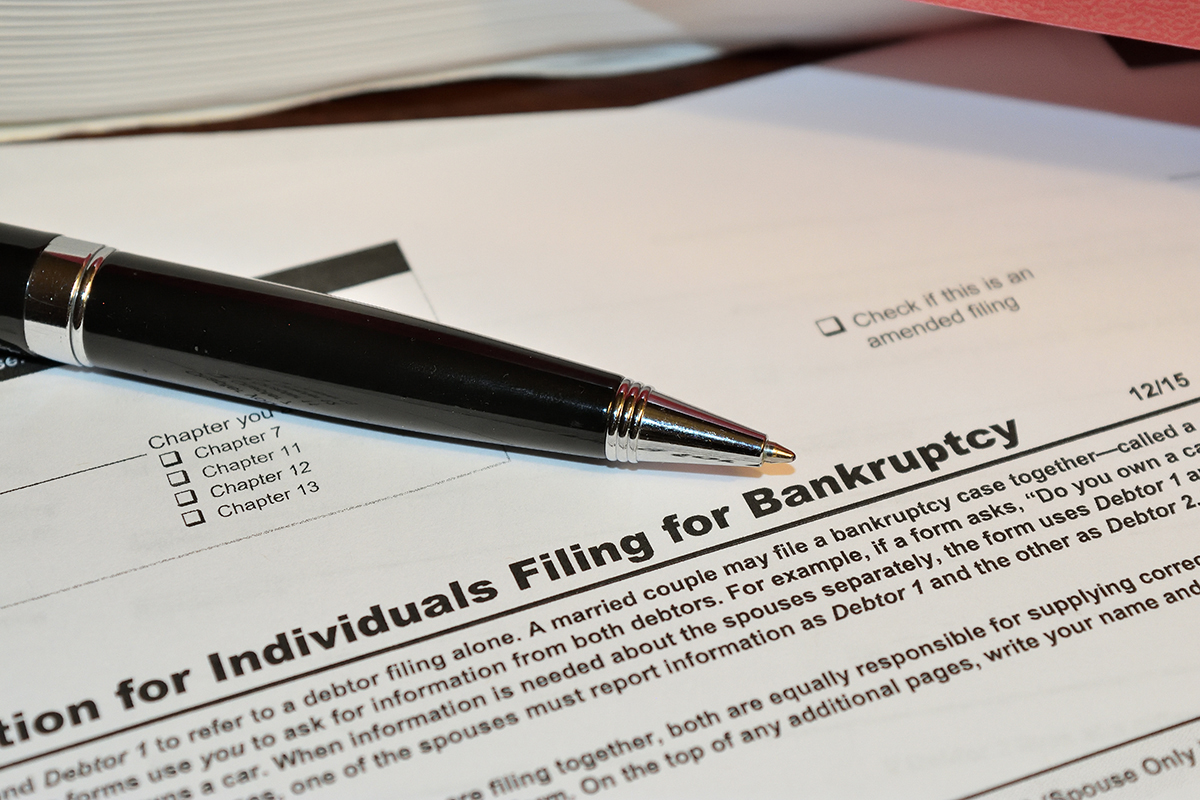Are you dealing with a legal judgment, and looking for ways to address it?
Here are a few strategies to avoid paying your judgment.
Judgement in Michigan
A judgment is a decision made by a court that determines the rights and liabilities of the parties involved in a lawsuit. It is usually rendered after a trial or hearing, and it establishes the legal obligation of the losing party to pay a specified amount to the prevailing party. This amount, known as the judgment, often includes both the original debt and additional costs, such as attorney fees and court expenses.
Once a judgment is obtained against you, the creditor gains the legal right to pursue various collection methods to retrieve the amount owed. These methods may include wage garnishment, bank account levies, property liens, and even the seizure of non-exempt assets. A judgment enables the creditor to proceed with aggressive collection efforts to satisfy the outstanding debt.
Michigan law allows creditors to enforce judgments for up to ten years from the date they are entered, and they can be renewed for an additional ten years thereafter. Over this extended period, interest may accrue on the unpaid amount, further compounding the financial burden. This prolonged liability can adversely affect your credit score, making it challenging to secure loans or obtain favorable interest rates in the future.

What Types of Judgment Debt are Dischargeable?
One type of judgment debt that is typically dischargeable is unsecured debt. This includes credit card bills, medical bills, personal loans, and most other types of unsecured debts where there is no collateral. If a judgment has been entered against you for any of these debts, filing for bankruptcy can help relieve the burden and prevent creditors from seizing your assets or garnishing your wages. [1]
If a judgment debt falls under the category of unsecured debt, certain exceptions may apply.
Are There Judgments that Aren’t Discharged in Bankruptcy?
Student loans and tax debts are types of judgment debts that are generally non-dischargeable, meaning they cannot be eliminated through bankruptcy. There are rare circumstances where discharging student loans or tax debts may be possible.
Other types of judgment debts that are typically non-dischargeable include child support and alimony. These debts carry significant legal obligations, and bankruptcy does not provide a way to avoid or eliminate responsibility for supporting dependents. [2]
Another type of judgment that commonly falls under non-dischargeable in bankruptcy is related to fraud or intentional wrongdoing. If a court has made a judgment against a debtor for fraudulent behavior, such as defrauding creditors or engaging in deceptive practices, then that judgment will generally not be discharged in bankruptcy.
Any judgments arising from willful or intentional injuries done by the debtor, such as personal injury claims resulting from accidents caused by drunk driving, may also be non-dischargeable. These judgments are deemed to be against public policy, and it is believed that individuals should not be able to escape the consequences of their intentional acts through bankruptcy.

What Is Lien Avoidance?
Lien avoidance is a legal process that can be employed in bankruptcy cases to remove certain types of liens from a debtor’s property. A lien, by definition, is a legal claim held by a creditor against a debtor’s property as security for a debt owed. When a judgment is entered against a debtor, it often results in a lien being placed on their property in order to satisfy the debt.
Lien avoidance allows bankruptcy filers to remove certain liens from their property, effectively freeing the property from the encumbrance of the debt. This can be particularly advantageous for debtors who are burdened by judgments and wish to protect their assets.
In Michigan, lien avoidance can be pursued through both Chapter 7 and Chapter 13 bankruptcies. There are certain criteria that must be met for the court to grant lien avoidance. One requirement is that the lien being targeted must be a non-consensual lien, meaning it was imposed by a court or creditor without the debtor’s agreement. Examples include judgment liens resulting from a lawsuit or tax liens filed by government agencies.
Another criterion for lien avoidance is that the lien must impair the debtor’s exemption rights. Exemptions are legal provisions that allow debtors to protect certain assets from being seized or sold to satisfy debts. If a lien impairs the debtor’s ability to claim exemptions, it may be eligible for avoidance.
Do Judgments Impact Your Credit?
A judgment on your credit report can damage your financial standing. Credit bureaus track and report judgments, making them readily visible to potential lenders, landlords, and employers. This negative mark can hinder your ability to secure loans, rent a property, or even find employment, as many companies perform credit checks during the hiring process.
Once a judgment is entered against you, it typically remains on your credit report for seven years from the date it was filed. Throughout this period, lenders and creditors may view you as a riskier borrower due to the judgment’s presence. You may face higher interest rates, stricter loan terms, or even outright denials when trying to obtain credit.
A judgment may also allow the creditor to take additional measures to collect the owed amount. In Michigan, some common methods include wage garnishment, property liens, and bank levies.

Does the Automatic Stay Stop Collection on Most Judgments?
In Michigan, bankruptcy does provide some protection against collections, thanks to a legal provision called the automatic stay.
The automatic stay is a powerful tool that comes into effect the moment a debtor files for bankruptcy. It is an injunction that prohibits creditors from taking any action to collect debts from the debtor. This means that once the automatic stay is in place, all collection activities, including lawsuits, judgments, wage garnishments, and even phone calls and letters from creditors, must cease immediately.
The automatic stay offers temporary respite, it may not eradicate the entire judgment debt. Certain judgments are considered non-dischargeable, meaning they cannot be eliminated through bankruptcy.
Should You File Bankruptcy Before or After a Judgment?
The automatic stay immediately halts any debt collection efforts. This means that if you successfully declare bankruptcy before a judgment, you may be able to avoid the need to pay the judgment altogether.
Filing for bankruptcy after a judgment has been entered against you may still offer some advantages. While bankruptcy cannot directly discharge most judgments, it can potentially assist in managing the repayment.
By filing for bankruptcy, you can potentially discharge other qualifying debts, freeing up funds that can be used to satisfy the judgment over time. This approach can help you deal with the financial burden more effectively and minimize disruptions to your life.
Bankruptcy can put an immediate stop to wage garnishment, giving you the chance to regain control of your financial stability.

Contact Frego Law today to see if bankruptcy could be the answer to avoiding paying off that judgment in Michigan.
FAQs
When you file for bankruptcy, an automatic stay is put in place, which halts most collection actions by creditors, including seizing your assets. This means that during the bankruptcy process, your assets, such as your home, car, and personal belongings, are typically shielded from seizure by creditors. This protection may depend on the type of bankruptcy you file, exemptions available in your jurisdiction, and the specific circumstances of your case.
Your credit score is likely to be negatively impacted, and the bankruptcy filing will remain on your credit report for several years, making it challenging to obtain credit in the future. There may be limitations on obtaining new loans or entering into certain financial agreements. Filing for bankruptcy could have a social stigma attached to it and may impact your personal and professional reputation.
Yes, there are certain limitations and requirements for discharging a judgment through bankruptcy. There are specific requirements for filing for bankruptcy, such as meeting income thresholds, passing a means test, and adhering to the bankruptcy laws and regulations in your jurisdiction. Consult with a bankruptcy attorney to understand the limitations and requirements applicable to your specific situation.
Sources:
[1] Akin, J. (2020, August 26). Does Bankruptcy Get Rid of Judgments? Experian. https://www.experian.com/blogs/ask-experian/does-bankruptcy-get-rid-of-judgments/
[2] Tamplin, T. (2023, September 8). Does Bankruptcy Remove Judgements? | Finance Strategists. Finance Strategists. https://www.financestrategists.com/financial-advisor/bankruptcy/does-bankruptcy-remove-judgements/




